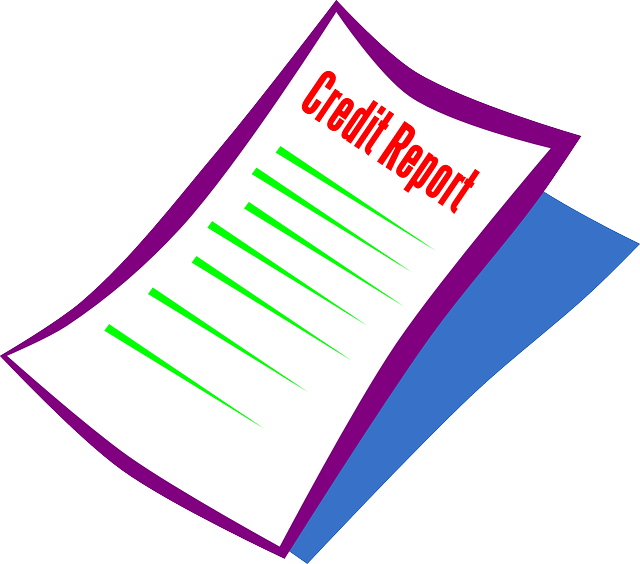When seeking loans for independent contractors, understanding financing fees is key. Interest rates, origination, processing, and potential late penalties should be transparently disclosed. Contractors should analyze these costs alongside lender assessments of creditworthiness and revenue streams. Fixed or variable interest rates, along with repayment terms, impact financial commitments. Upfront and ongoing charges, including application fees and prepayment penalties, must be considered to avoid hidden costs. By comparing rates, negotiating terms, and consulting accountants, independent contractors can secure favorable loan conditions for their projects.
“Unsure about the financial implications of contractor financing? This comprehensive guide breaks down the intricacies of estimating fees for independent contractors. We delve into understanding these charges, exploring various loan options tailored for freelancers, and providing a step-by-step process to calculate interest rates and terms.
Learn how to identify hidden costs and employ strategies to minimize financing expenses. Discover the key factors in securing favorable loans for independent contractors and take control of your financial future.”
- Understanding Contractor Financing Fees
- Identifying Loan Options for Independent Contractors
- Calculating Interest Rates and Terms
- Estimating Upfront and Hidden Costs
- Strategies to Minimize Financing Charges
Understanding Contractor Financing Fees

Contractor financing fees are an essential aspect to consider when looking into loans for independent contractors. These fees represent the costs associated with securing funding, which can vary greatly depending on several factors. Understanding these charges is crucial for any contractor seeking financial support. By grasping the components that influence financing fees, contractors can make informed decisions about their borrowing options and manage their projects’ financial health effectively.
The structure of financing fees typically includes various elements such as interest rates, origination charges, processing fees, and potential late payment penalties. Interest rates, in particular, play a significant role in the overall cost of a loan for independent contractors. Rates can differ based on creditworthiness, the type of loan, and market conditions. Contractors should aim to secure competitive rates to minimize their financial burden. Additionally, origination fees, which are one-time charges, and ongoing processing fees should be transparently disclosed by lenders, allowing contractors to budget accordingly.
Identifying Loan Options for Independent Contractors

Independent contractors have unique financing needs, often requiring loan options tailored to their self-employed status. The good news is that various lenders and financial institutions offer specialized loans for independent contractors, recognizing the significant contributions they make to the economy. These loans can be a lifesaver when it comes to funding projects, equipment purchases, or even business expansion.
When exploring loan options, contractors should consider their specific requirements and compare different types of financing. From traditional bank loans to alternative online lenders, there’s a wide range of choices. Lenders often assess creditworthiness, revenue streams, and the nature of the contractor’s work when offering terms and rates. It’s essential to shop around, understand the interest rates, and negotiate favorable conditions to ensure the best deal for their unique financial situation.
Calculating Interest Rates and Terms

Estimating interest rates and terms is a critical step in understanding the financial implications of contractor financing. For loans for independent contractors, lenders will typically offer a range of interest rate options, often based on the borrower’s creditworthiness and the loan amount. These rates can vary from fixed to variable, with each having its advantages and disadvantages. Fixed rates provide consistent monthly payments over the life of the loan, while variable rates fluctuate according to market conditions, potentially resulting in lower payments initially but increased risk of future increases.
When considering the terms of the loan, contractors should look at the repayment period. Shorter terms mean higher monthly payments but less interest paid overall. Longer terms reduce the burden of each payment but extend the time over which interest is charged, increasing the total cost of the loan. Lenders may also impose fees for early repayment or late payment, so it’s essential to review these clauses to ensure the terms align with your financial capabilities and goals.
Estimating Upfront and Hidden Costs

When considering contactor financing fees, it’s crucial to look beyond the advertised rates and estimate a broader range of costs. Loans for independent contractors often come with various upfront charges, such as origination fees, closing costs, and application fees. These initial expenses can significantly impact your overall budget, so it’s essential to request detailed fee breakdowns from lenders. Don’t be fooled by seemingly low-interest rates; hidden costs might make the loan less affordable than expected.
Moreover, ongoing costs should not be overlooked. Some financing agreements may include hidden fees for prepayment penalties, late payment charges, or documentation updates. These additional expenses can add up over time, so carefully review the terms and conditions. Understanding both upfront and recurring charges will empower independent contractors to make informed decisions when securing financing for their projects.
Strategies to Minimize Financing Charges

Many independent contractors seek financing options for their business ventures, often turning to loans specifically tailored for their industry. To minimize financing charges, contractors should start by comparing interest rates offered by various lenders. Online marketplaces and comparison tools can help in this regard, ensuring you secure the best possible rate for your loan.
Additionally, understanding the terms and conditions of the loan is paramount. Negotiate repayment periods that align with your cash flow to avoid burdening yourself with high monthly payments. Some lenders may also offer discounts or incentives for early repayment, so be sure to inquire about these opportunities. Maximizing deductions related to business expenses and consulting with an accountant can further reduce the overall cost of financing for independent contractors.
When considering financing options as an independent contractor, a thorough understanding of associated fees is key. By mastering the art of estimating these charges, from interest rates and terms to upfront costs and potential hidden fees, you can make informed decisions about the best loan options tailored to your needs. Implementing strategies to minimize these charges further enhances your financial health. Remember, smart financial planning for loans for independent contractors starts with knowing exactly what you’re up against.
